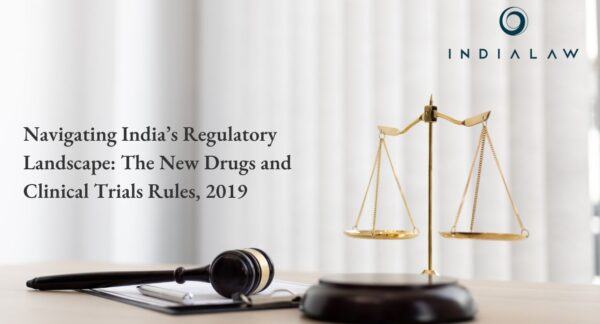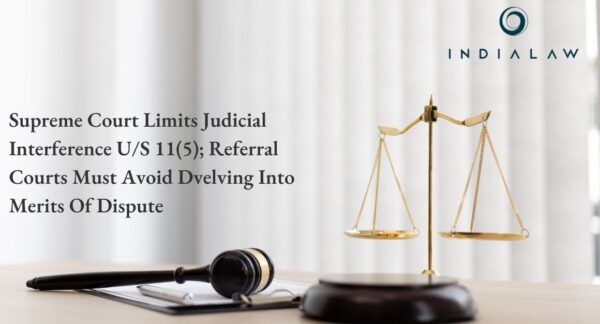Two Tier Arbitration


In a recent judgement, a three bench division of the Hon’ble Supreme Court of India in M/S. Centrotrade Minerals & Metal Inc v Hindustan Copper LTD[1]. held that settlement of disputes or differences through two-tier arbitration procedure between the parties was permissible under the laws of India. The matter was referred to a larger bench due to the divergence of the views of the two judge bench of the Court.
Facts
The parties, Centrotrade and HCL, had entered into a contract for sale of copper concentrate and some disputes arose between them. The arbitration clause in the contract, which provided for a two tier arbitration clause, had two parts. The first part provided that disputes between the parties will be settled through an arbitration in India, through panel of arbitrators of the Indian Council of Arbitration. The second part provided that if any party is is aggrieved by the decision of the arbitration conducted in India, such party can file an an appeal as a second arbitration in London in accordance with Rules of Conciliation and Arbitration of the International Chamber of Commerce. The arbitration clause is reproduced below:
“Arbitration – All disputes or differences whatsoever arising between the parties out of, or relating to, the construction, meaning and operation or effect of the contract or the breach thereof shall be settled by arbitration in India through the arbitration panel of the Indian Council of Arbitration in accordance with the Rules of Arbitration of the Indian Council of Arbitration.
If either party is in disagreement with the arbitration result in India, either party will have the right to appeal to a second arbitration in London, UK in accordance with the Rules of Conciliation and Arbitration of the International Chamber of Commerce in effect on the date hereof and the result of this second arbitration will be binding on both the parties. Judgment upon the award may be entered in any court in jurisdiction.”
Centrotrade invoked the first part of arbitration and the Indian Council of Arbitration appointed an arbitrator. The arbitrator gave a NIL award. Aggrieved by the same, Centrotrade invoked the second part of the arbitration clause and the arbitrator in London gave an award upholding the claim of Centrotrade. Centrotrade sought to enforce this award rendered by the arbitrator in London by moving an application under section 48 of the Arbitration and Conciliation Act, 1996 (“Arbitration Act”). The execution petition finally reached the three judge bench of the Supreme Court.
Issue
Whether a settlement of disputes or differences through a two-tier arbitration procedure as provided for in the contract between the parties was permissible under the laws of India?
Argument
The learned counsel for the respondent submitted that the provision for an appellate arbitration as provided in the contract is prohibited by the laws of India on three counts:
- the provisions of the Arbitration Act do not sanction an appellate arbitration;
- there is an implied prohibition to an appellate arbitration in the Arbitration Act; and
- an appellate arbitration is even otherwise contrary to public policy.
Analysis/judgement of the Supreme Court:
- The Honorable court held that there is nothing in the Arbitration Act, explicitly or implicitly, which prevents any party from opting for a two tier arbitration. The parties to an arbitration agreement have the autonomy to decide the procedural and substantive law of the arbitration. Right to appeal need necessarly be created through a statute, it can also be contractual so that parties can resolve their disputes without resorting to court process.
- The Honourble Court went on to add that the two tier arbitration clause in the agreement did not violate the fundamental or public policy of India. The parties to the contract did not bypass any provision of the Arbitration Act while opting for a two tier arbitration. The parties to the contract were fully conscious and aware that the arbitration clause provided for two tier arbitration. HCL cannot wriggle out of a solemn commitment made by it voluntarily, deliberately and with eyes wide open. This would amount to HCL playing a fraud on Centrotrade and would have serious long-term implications and ramifications for international commercial contracts with an Indian party.
- The Honourable Court accordingly allowed two tier arbitration.
[1] Civil Appeal No. 2562 of 2006




